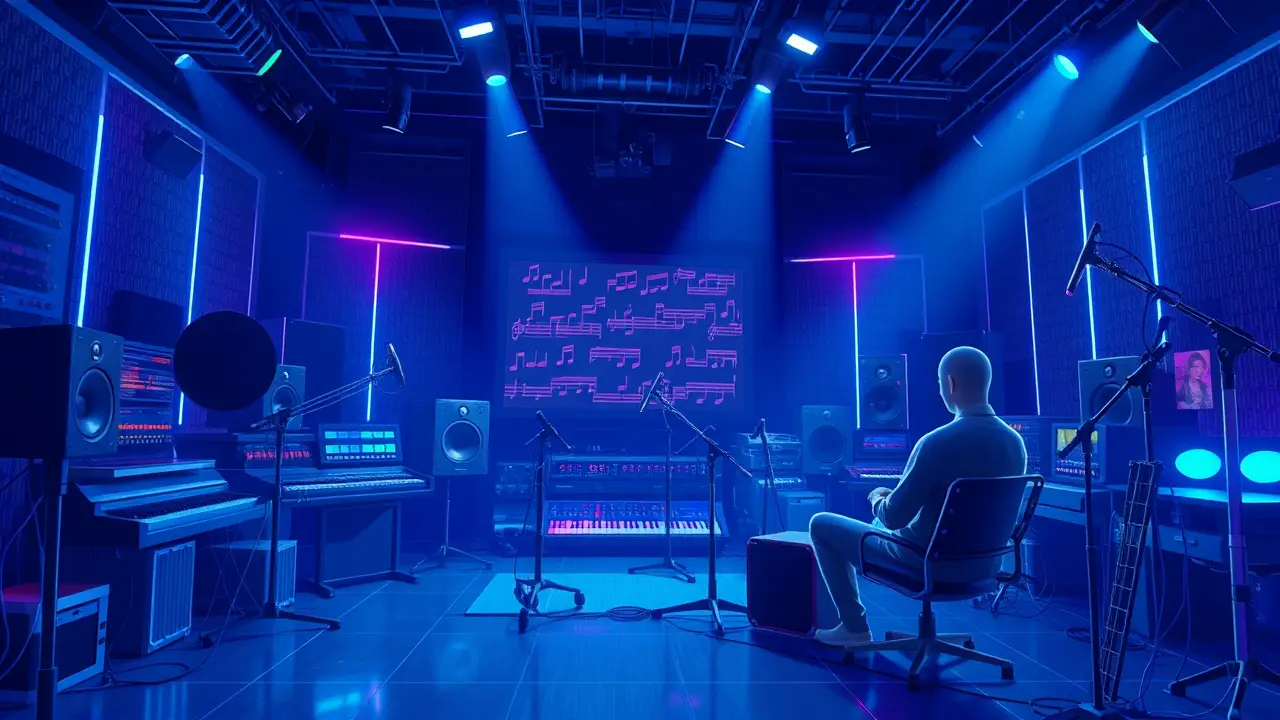
AIgenerative aiPrompt Engineering
Startup Wisdom: Five Prompt Engineering Tips for Vibe Coding
DA
Daniel Reed
10 hours ago7 min read8 comments
Startup wisdom is a new TNW series offering practical lessons from experts who've helped build great companies. This week, Dainius Kavoliūnas, head of no-code platform Hostinger Horizons, shares his tips on vibe coding.Vibe coding has become an indispensable tool, especially for entrepreneurial thinkers building apps and platforms for solving everyday problems, streamlining business processes, or enhancing digital experiences. It represents a paradigm shift in software development.Instead of writing lines of code, you can now describe your requirement and have AI bring it to life. Vibe coding is fast, intuitive and opens up a new realm of possibilities where code generation becomes a conversational art.This evolution mirrors the trajectory of large language models themselves, moving from simple command-response interactions to nuanced, context-aware collaborations. The core challenge, much like in the early days of programming language design, lies in crafting prompts that effectively communicate intent to a non-deterministic system.Effective prompt engineering for vibe coding isn't merely about getting the AI to produce code; it's about guiding it to produce code that is robust, efficient, and aligned with architectural best practices that the prompter themselves might not fully grasp. This requires a fundamental shift in mindset from a builder who implements logic to an architect who specifies intent with precision and foresight.The five tips likely delve into this nuanced art: structuring requests to include not just the 'what' but the 'why', defining constraints to prevent common security or performance pitfalls, and iterating on outputs through a feedback loop that teaches the AI the specific dialect of your project's requirements. This is reminiscent of the principles behind teaching a neural network, where the quality of the input data—the prompts—directly dictates the quality of the output.For the entrepreneurial thinker, this lowers the barrier to entry for prototyping and validating ideas, potentially accelerating innovation cycles in a way not seen since the advent of cloud computing. However, it also introduces new considerations around technical debt, as AI-generated code can sometimes be opaque or difficult to debug without a deep understanding of the underlying logic it was trained on.The long-term implications for the software development lifecycle are profound, potentially redistributing the focus of human developers from writing boilerplate to higher-level system design, logic verification, and creative problem-solving. As these tools mature, the most valuable skill may not be coding proficiency in a traditional language, but rather the ability to converse effectively with AI, a skill that blends domain expertise, linguistic precision, and a deep understanding of the AI's capabilities and limitations.
#vibe coding
#prompt engineering
#AI development
#startup tips
#generative AI
#featured
#software development
#no-code platforms
#Hostinger Horizons
Stay Informed. Act Smarter.
Get weekly highlights, major headlines, and expert insights — then put your knowledge to work in our live prediction markets.
Related News
© 2025 Outpoll Service LTD. All rights reserved.




